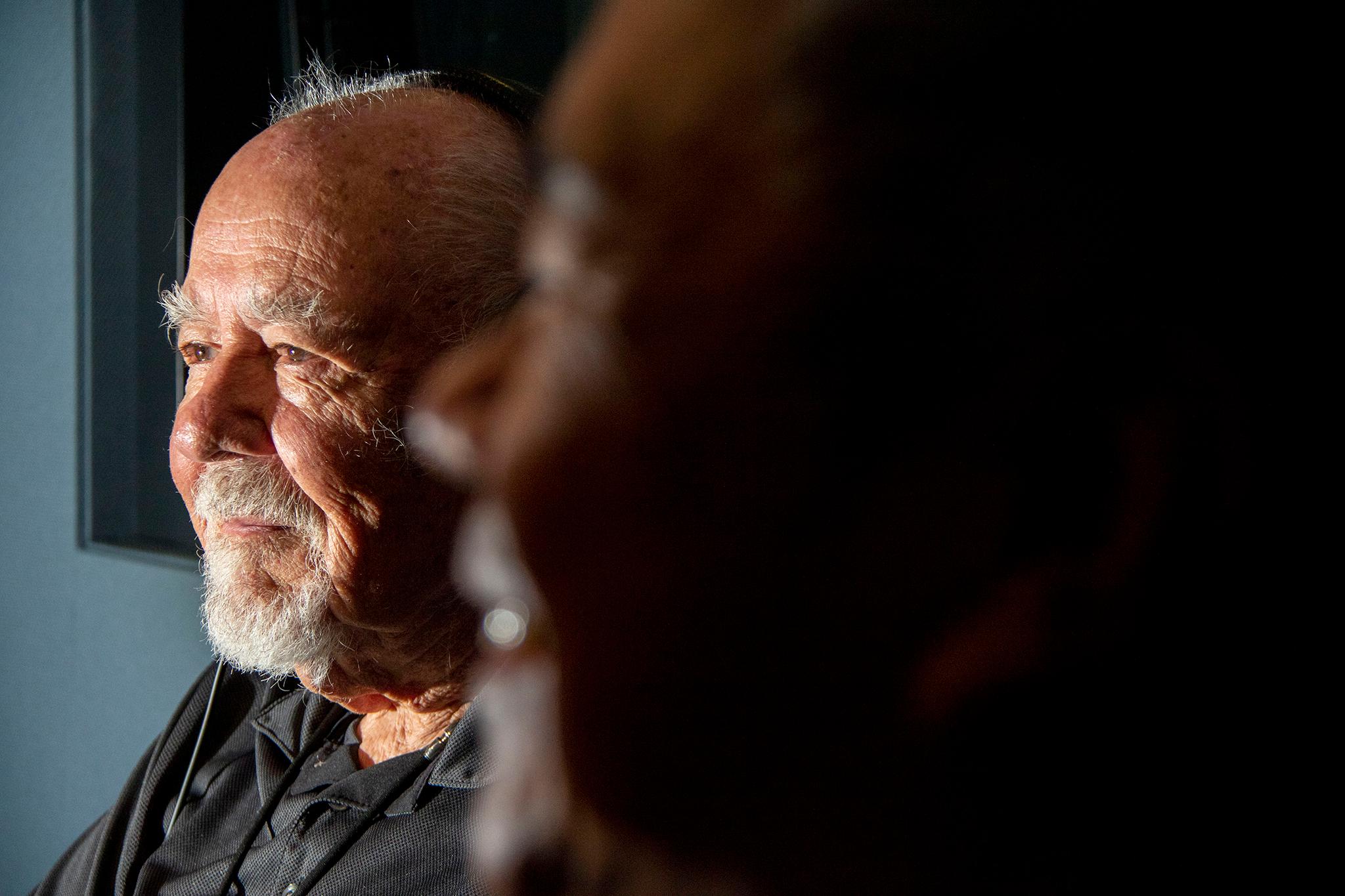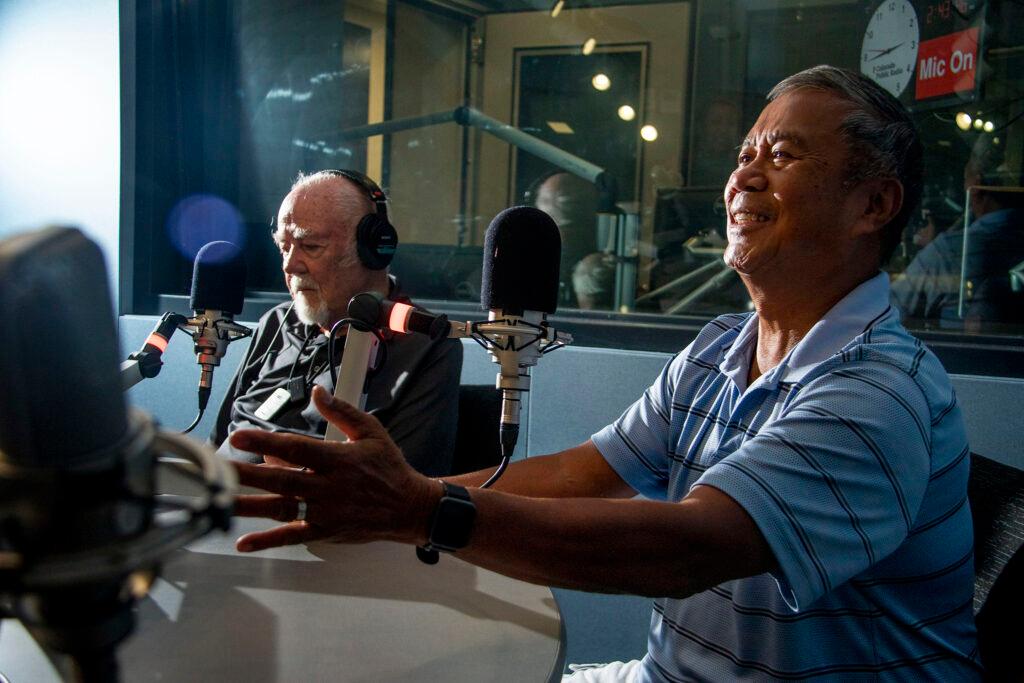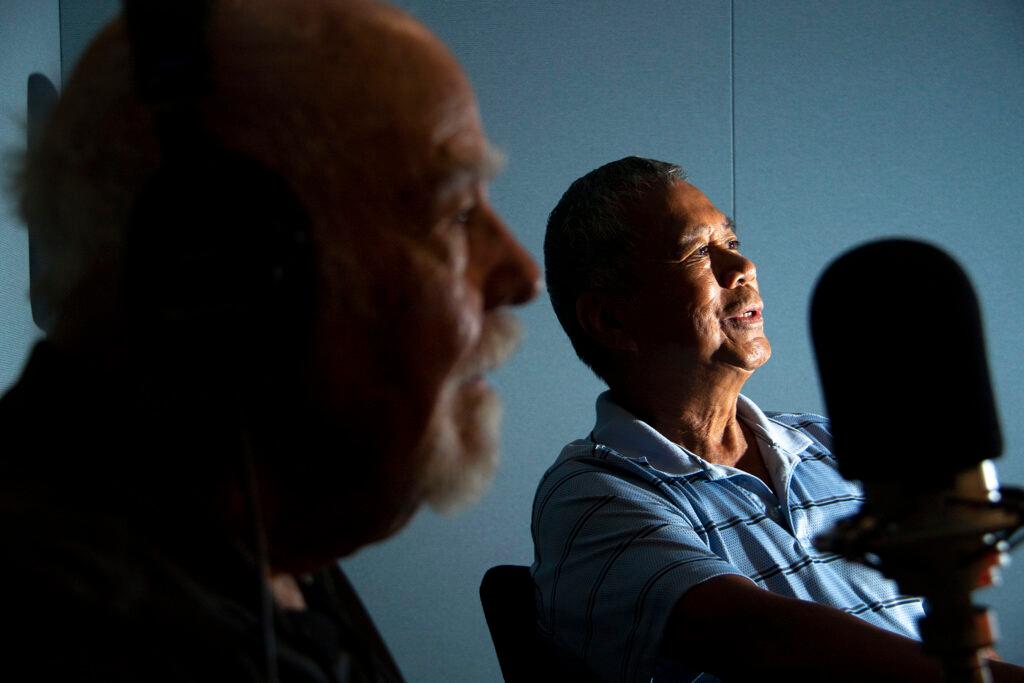
More than 200,000 Filipinos fought the Japanese alongside American soldiers during World War II. At the time, President Franklin D. Roosevelt promised Filipino troops they would be rewarded for their service and receive all the benefits afforded to an American veteran, including the right to naturalize on U.S. soil.
Decades later, some veterans say that promise was broken.
The original benefit promise would have cost the country about $3 billion, according to fiscal analysis at the time. So, shortly after the war ended, Congress passed the Rescission Act of 1946, which replaced those promised benefits with a single $200 million payment to the Philippine government.
Some surviving American veterans say that the American government has wronged Filipinos who defended their home country, which was a vital part of American war operations in the Pacific.

“Even though they were the same ranks, all they got was half pay; the meals that they had were special,” Frank Francone, a Littleton veteran who fought alongside Filipinos in WWII, said. “It seems like we set them apart as a society, as a group and we would treat them differently in many respects.”
Francone said Filipinos he served with endured some of the worst conditions during the war. More than 100,000 Filipino soldiers were killed or captured, and many of those deaths came during the Bataan Death March, a prisoner transfer later judged to be a Japanese war crime.
“[The Filipino soldiers] had no food. They were decimated by disease, malaria, beriberi, yet they were forced to make this march,” Francone, who recently advocated for Filipino veteran rights in the documentary, A Long March, said.
The effects of the Rescission Act have reverberated throughout the last eight decades. Of the 66 allied nations that fought alongside the U.S., soldiers from the Philippines were the only ones not to receive military benefits. As the WWII soldier population continues to age and shrink, Filipino-American veterans like Mike Simbre — who served in the Air Force — worry their stories will be forgotten.

“You go into history books nowadays, you see, [the] Japanese came, invaded the Philippines, [General Douglas] MacArthur left, MacArthur came back,” Simbre, a regional chair for the Filipino Veterans Recognition and Education Project, said. “What actually happened in between? You had your guerrillas, you had your women out there, you had people fighting for their own country. Nobody knows about the 1946 Rescission Act that took away all the benefits.”
At this point, with so few Filipino veterans still alive, Simbre just hopes Congress repeals the Rescission Act to honor the soldiers who fought and died alongside Americans in WWII.
“These people are 90- to 100-years-old, and they paid their dues and now give them back what they have worked for,” Simbre said.
Simbre, Francone and the Filipino Veterans Recognition and Education Project have called on Congress to repeal the Rescission Act and pay veterans’ families for withheld benefits. They also want the country’s institutions to better highlight Filipino contributions to the Allied war effort.
More stories about WWII and Colorado veterans:
- For the 30-year director of the U.S. Air Force Academy Cemetery, every day is Memorial Day
- Reunited with a precious bracelet, a U.S. vet makes friends with the man who found and returned it after nearly 80 years
- Colorado’s Fallen Heroes war memorial opened ahead of Veteran’s Day. This is how it came to be built
- In Colorado’s backcountry huts, veterans find solace and history









